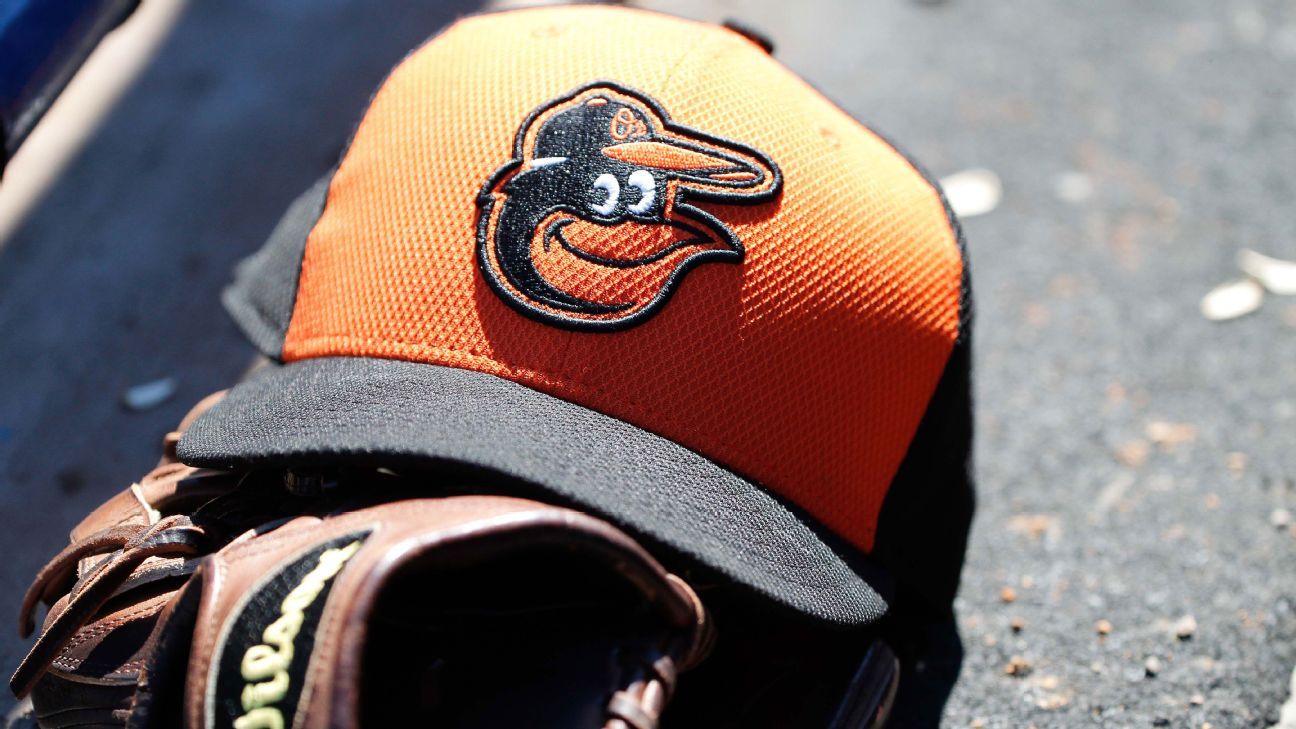
Since the Scotland show now moves to Wales, it might be appropriate to mention Sam Warburton at this point. The great man has been saying some interesting things about the Scots of late.
The former Wales and British and Irish Lions captain is a fan of this team and thinks there might just be something special in them.
He reckons they are on a psychological journey from seeing themselves as dangerous underdogs, happy in their own minds to pick off three wins in the championship and maintain steady progress, to something altogether different.
They are beginning to carry themselves like men who know they are real live contenders in this tournament. Warburton sees it and we can all see it now.
Saturday was nowhere near their best performance. They won despite a paltry amount of possession, despite trailing and toiling at 17-10 behind, despite having the excellent Jamie Ritchie, one of their totemic leaders, taken away on a mobile stretcher.
From that unenviable position, they turned it around. That's what champion teams do.
Warburton's side won a Grand Slam in 2012 and three of their games were tight affairs that went to the wire. They came to believe they would win every game, even if they didn't.
Scotland are giving that impression now. If they win in Cardiff on Saturday - and they should, even though there is sure to be a Welsh backlash after their awful outing in Dublin - they will be in the rarefied air of two from two with a home game against France to come.
The Scottish psyche is to row back on the optimism, but that in-built reticence will be blown sky high if their winning habit carries on to Cardiff, where they haven't won since Brendan Laney was playing. That was 2002.
By rights, they shouldn't have won on Saturday - England had 62% territory and spent two-and-a-half minutes in Scotland's 22 whereas Scotland spent just 54 seconds in the visitors - but they came up with the key plays at the right time. Their go-to men stepped up. Their bench was terrific. Their nerve held.
The replacements were hugely significant. One of the major leaps forward in recent years under Gregor Townsend is the improving quality of his substitutes.
On 52 minutes, he replaced his entire front row as a job lot. Pierre Schoeman, Stuart McInally and WP Nel had a torrid beginning, giving away a scrum penalty that led to Marcus Smith's try, but their work in the set-piece and around the field thereafter was outstanding.
Schoeman carried like a tearaway. When Ritchie exited, Magnus Bradbury came on and had a hard edge about him. Bradbury has all the attributes to be a serious player. The one thing he was missing was the mindset of a serious player. This season he has looked the player everybody thought he could be.
Jonny Gray went off and the line-out-stealer Sam Skinner came on. Ali Price went off and the debut try-scorer from earlier, Ben White, reappeared. Sione Tuipolutu was a big physical presence when he replaced Sam Johnson. There was no drop-off in quality. If anything, it increased.
Ritchie is a gonner for Cardiff and may well miss a chunk of the Six Nations. It's a sad blow for a wonderful player, a piece of collateral damage that was the big downer of the day. There is a cavalry, though. Not of Ritchie's class, but strong all the same.
Townsend could just slide Bradbury in there, the most likely outcome. He has Nick Haining, one of the unsung heroes of Paris a year ago, if he needs him. He has the coming man Rory Darge as a different option. Andy Christie played blind-side in Saracens' pummelling of Bath on Saturday. The depth is there.
In keeping with a game where the plot twisted just after the hour, when Luke Cowan-Dickie got caught in Finn Russell's trap, and then threatened to twist again at the death with all those angst-ridden scrums, it was somehow fitting that the man who settled it by way of a turnover was not a breakdown specialist, not a cunning flanker or a hulking second row.
It was the smallest man, the little gem that is Darcy Graham.
Elliot Daly attacked, Chris Harris tackled and Graham swooped. Barely the size of the leg of a chair - but with a towering influence in some key moments out there - the winger snaffled England's possession and the thing was done. Murrayfield, its collective nerves shot to smithereens, erupted. Their team had delivered. Again.
The fatalistic dread that some - many - fans would have carried with them to the stadium was misplaced. In the nicest possible way, Warburton would advise the Scots to get over themselves in this regard.
They have now won seven of their past 11 Six Nations games with the four defeats being narrow ones. In their past two, they have beaten France in Paris (with the last play of the night) and England in Edinburgh (while surviving the last play of the night).
They are winning some games on merit and others on the strength of their defence and their character.
An underwhelming Scotland performance it might have been, an attacking non-event save for some small pockets of excellence, but on Calcutta Cup day, or any other day in the Six Nations, it's all about the win. The cosmic quality of it is secondary.
Scotland have lost dozens of Tests like this one. Against Wales last season they unravelled when the heat was at its most intense. Lesson learned. The big mantra you hear from the camp these days is the need to stay in the fight and that's what they did.
Now it was England coming apart at the seams. It was Cowan-Dickie losing the plot with the ball in the air, getting two hands on it and being in a position to catch but, in the heat of the moment, batting it away instead. Ruinous.
With Cowan-Dickie in the bin, it was Joe Marler taking a comically bad line-out throw when Eddie Jones should have made sure that Jamie George was on the bench to clear England's line.
It was Maro Itoje going offside when England were building momentum, it was George's lineout getting pilfered by Skinner, it was Daly getting done by Graham.
There was a strange type of glory to it. Winning enormous games while not delivering your best stuff. Isn't that an ability that all champion teams have?
They won't stay in the hunt for the title unless they play better than this down the line, but they are developing a bit of an aura now. Nothing comes easy against Scotland anymore. England have played Townsend's team five times and have won only once. France have lost their last two in the Six Nations against them.
Wales in Cardiff is a mountain they have yet to climb. Townsend played 10 when they last won there, a brief moment of joy in an otherwise bleak Scottish landscape. Over the last two years, he has put together a formidable squad and a razor-sharp group of coaches. Momentum is with them.
We don't know yet where this thing is going to end, but at no stage over the last 20 years and more have Scottish fans enjoyed watching their team as much as they are enjoying watching this impressive lot. For a nation with a natural aversion to giddy expectation, the reasons to believe are building fast.















 Phone: (800) 737. 6040
Phone: (800) 737. 6040 Fax: (800) 825 5558
Fax: (800) 825 5558 Website:
Website:  Email:
Email: 






